My first hotel job after graduating university was as a sales manager at an independent property. I worked on the tour & travel market as well as the SMERF market. After my contract had ended in that role, I moved on to work as a market manager for a major OTA. In both of these experiences I was vividly aware that I was not bringing the “best” business to the hotels I worked at or with. I was regularly told by stakeholders that the business I brought in was “too low rated”, came with “too high of a commission”, and represented “less desirable travelers”. Lucky for me I was born with thick skin.
Throughout my time in the hospitality industry I’ve had the pleasure of speaking to and learning from several hundred people with decades upon decades of cumulative experience. I have seen first hand how different mindsets and strategies have impacted channel revenues and bottom line profits in hotels in a number of different markets.
In this blog, I want to share with you the 7 most common things I’ve heard that have made me facepalm.
“My most important KPI is ADR”
I can see where this philosophy comes from. ADR is the first thing you learn about hotels, it’s a key indicator of financial health, it provides a benchmark in the market. Even more importantly, it is the lever that can most effectively improve profitability, as an increased ADR does not increase variable costs. But at the end of the day, “you can’t take ADR to the bank.”
In reality, your gross operating profit per available room (GOPPAR) should be your most important KPI. Oftentimes we simplify that to revPAR because it is simpler than having to also consider the variable costs. What we should be looking for is the key price point that converts to occupancy, but not too quickly, which would indicate the rate was too low. If your occupancy is too high and your ADR is too low, even if your revPAR is high, you are likely leaving money on the table.
It’s easier said than done, obviously! But the ADR on the books at any given moment is an average of all the rates sold. Meaning that your pricing as you build a pace could, and probably should, be lower than your ADR target for the year. If the ADR target is set and rigid in a way that your sales and revenue teams need to maintain it year round, you are removing their agility and their ability to ultimately hit the revenue and profit targets set for the property.
“My Advanced Purchase promotion is what creates my base”
For as long as I can remember every hotel was running an “Advanced Purchase” promotion. The idea behind them is to incentivize people to book early, typically for a non-refundable rate, and they receive a discount of a certain percentage.
It’s important to consider if this promotion is generating additional revenue or if it is bringing down your ADR without additional benefit to you. If a majority of the reservations made during the booking window are affected by the promotion, the question becomes whether or not your hotel could have received the business without the promotion in place. This is a difficult thing to assess, which brings me to my next misconception.
“This promotion is performing so well!”
Nothing happens in a vacuum. We cannot relive the same day without promotions in place to see if we would have finished with the same results or better.
Prior to creating a promotion it is imperative to determine how you will evaluate its success. Will it be by year-on-year growth, shift in market share, bookings made during a restrained booking window for a targeted audience? Setting up long-running promotions, while effective, represent pricing strategies more than they do promotional strategies.
“We don’t want OTA business.”
I don’t think anyone would be dense enough to pretend that direct business is not the best business. But to say that OTA business is bad is not true either. Whether you like them or not, OTAs are helpful. In the most basic sense, being available on OTAs makes you visible to the people who go there to shop for hotels. But even more than that, OTAs provide you with priceless data about your hotel's performance and the market and competitive set you are in. They give you information on the performance of the promotions you put in place and how they are affecting your business.
Finally, when used appropriately, OTAs are some of the best tools in your toolbox. You can have them on hand at all times, and take them out when you need them. Utilizing the power of the OTA marketing arms is an extremely effective way to increase business for your property for your need dates. The best way to take advantage of OTAs is to partake in their campaigns during the periods when you need them and offer a true discount to those customers alone during the time of the campaign. This is the way to maximize the visibility of that promotion and the best way to measure its effectiveness.
“We live for group business.
Understanding that hotels often have meeting space and F&B or catering outlets that require business as well, group business can be very lucrative for hotels. In my past role as tour & travel sales manager, the business I brought in, while low-rated, provided a revenue stream for the valets through baggage handling, which ultimately helped the hotel.
In many ways group business can be very beneficial, by creating a base, by bringing repeat business, by having low distribution costs, etc. But at the end of the day, if the group is going to displace higher paying business, a decision will need to be made.
Running a displacement analysis can be tedious and it isn’t fool proof. There are conversations to be had around the qualitative value of a group booking that may outweigh any of the displaced business. But the numbers have their place in the discussion, and it would be unwise to favor group business uniformly without them.
“I know all my competition. I’ve even visited their hotels so I know what we do better.”
When you start working at a hotel, oftentimes part of the onboarding is to learn the competitive set and to go visit the hotels. This gives you a deeper understanding of their facilities and the types of rooms so that you can put yourself in the shoes of meeting planners. It is helpful to know who you are up against when you are bidding for business.
Sometimes these compsets are then used as the compset for individual travelers booking through channels like OTAs and brand direct websites. What is often overlooked is the idea that the individual traveler has not visited your competing hotels. The only information they are using to make their hotel choice is what is available on the internet. That can be pictures, descriptions on websites about amenities and facilities, maps searches for distance to specific locations, and anything else that can be found readily online. You may have noticed that even star ratings from organizations, official or otherwise, are taking a backseat. Customer review scores are becoming the lead indicator of hotel quality, more and more.
I would urge everyone to look at their city and their hotel as though they were visiting it for the first time. Perhaps run an exercise where you are booking a hotel in a city that you don’t know as well as your own backyard to look at how you are evaluating the different hotels available. Then, come back to your market and use those same filters to define your compset. I would be willing to bet that you will have found a few extra competitors that you had not considered in the past.
“We’re budgeting 3% growth from last year.”
Historical trends are going to be a part of budget and forecasting and there is nothing we can do about that. But weighing historical data too highly in your algorithm can be very detrimental. It was seen in 2020 as systems and people scrambled for what to do with price and budget goals, obviously aware that attaining the preset budgets was not going to be in the cards.
This is going to continue to be the case as climate change continues to leave its mark on cities and tourist destinations. In 2023, the impact of wildfires in northern Quebec reaching New York City is not something that would have been expected. In the Greater Montreal Area, there were no fires and the smoke was probably less bad than it was in New York, but the press coverage of the smoke was detrimental to tourism and was not something that could have been predicted. Most hotels experienced a worse summer than they had predicted based on the growth seen in 2022.
Having targets in place and hoping for growth each year are extremely reasonable practices. Not being flexible in planning and not being agile will prevent you from making the best of whatever situation the world decides to throw at us next.
I have been so fortunate to work with so many intelligent and thoughtful people over the years. What I learned from those who were most successful was that being intelligent and thoughtful is not enough if you aren’t also flexible and open minded. The world is changing so rapidly that it is imperative for all professionals to be willing to change with it. Otherwise you will be caught with a very expensive, empty hotel.

